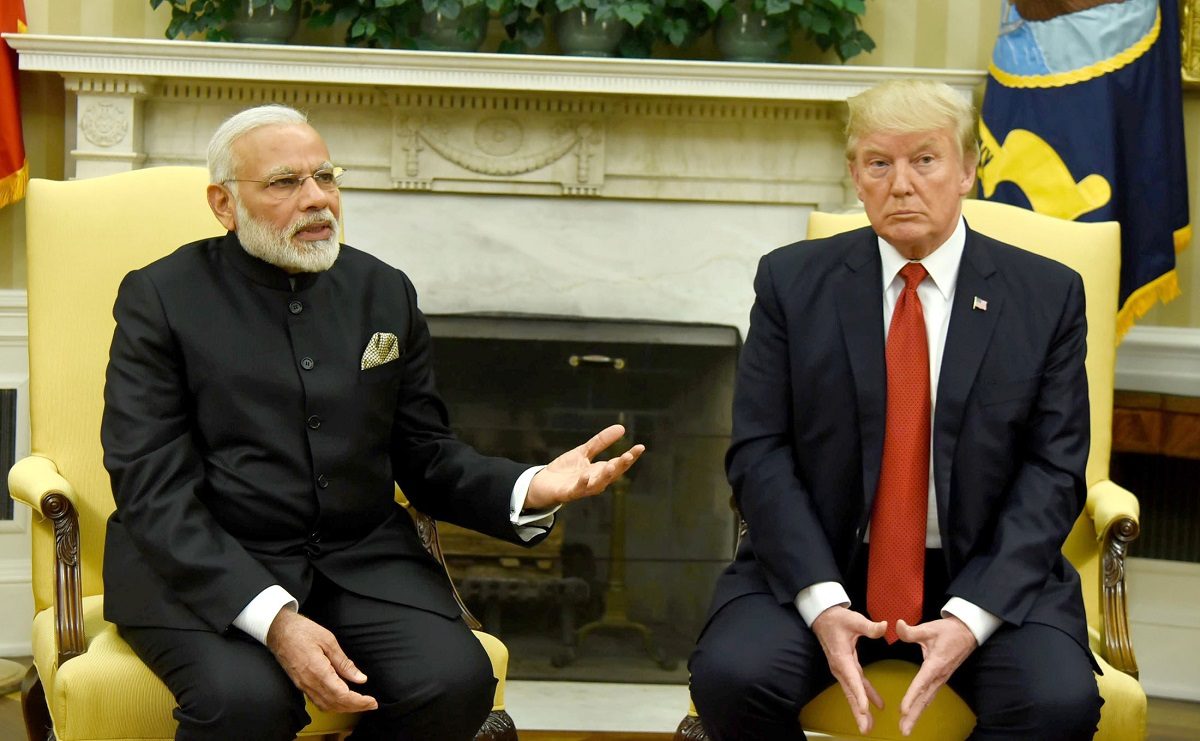The United States today (February 9) blocked India’s first-time request for the establishment of a panel to settle whether India has indeed complied with earlier WTO Dispute Settlement Body (DSB) rulings relating to measures affecting imported solar cells and modules.
The U.S. continued to disagree with India’s claims of compliance, and reiterated its right to use WTO procedures for retaliation while also noting it remained open to working with India for a bilateral resolution.
The DSB thus deferred the establishment of a compliance panel.
Background
DSB rulings for “DS456 – India — Certain Measures Relating to Solar Cells and Solar Modules” had earlier found India’s measures to be inconsistent with WTO rules for non-discrimination, particularly India’s domestic content requirements for solar power developers selling electricity under the Jawaharlal Nehru National Solar Mission.
The deadline for India to comply with the ruling had been set for December 14, 2017. A few days later, on December 20, the U.S. requested DSB to suspend concessions with respect to India due to India’s alleged failure to comply with the DSB rulings and recommendations. However, in a meeting on January 9, India rejected the claim and mentioned that the U.S. claim for punitive trade sanctions was groundless.
Then, in a communication dated January 29, 2018, India requested for the establishment of a panel to settle the disagreement over India’s compliance, there it was also revealed that India had submitted the status report on December 14, 2017, Justifying its compliance to the DSB rulings.
Today’s statements
At the meeting, the delegate from India said its request for a panel to investigate its compliance “has been necessitated by the U.S. seeking suspension of concessions or other obligations.” India said the logical course of action in such a situation is to first settle the issue of compliance before going into procedures related to the U.S.’s request for retaliation.
The delegate from the U.S., in response, said India had not provided any evidence to substantiate its claim that India no longer enters into any power purchasing agreements (PPAs) involving domestic content measures. The U.S. added that India’s request for a panel appears to indicate that India will continue to apply these domestic content measures as contained in PPAs that India entered into before December 2016.
The U.S. said it reserved its rights to move forward under WTO procedures for countermeasures. The U.S. said, however, that it remained “willing to work with India to find a bilateral resolution to this dispute without further proceedings.” The U.S. added that, for these reasons, it was not in a position to agree to the establishment of a panel today.
Why deferred?
In the previous DSB meeting of January 12, the U.S. had pointed out that nothing in the WTO’s dispute settlement procedures supports the view that members must first proceed with a compliance investigation (Article 21.5 proceedings) before dealing with a request for authorization to suspend concessions (Article 22.2 proceedings).
As there has been no sequencing procedure agreed between India and the U.S., the U.S. said a complaining member must request authorization to suspend concessions within the time-frame specified in the rules, or risk losing its rights to do so at a later date.
Geneva trade official mentioned that the attempts to find a solution to the issue of sequencing of Article 21.5 and Article 22.2 proceedings through an authoritative interpretation or amendment of the WTO’s Dispute Settlement Understanding (DSU) have so far been unsuccessful in both past and current DSU review negotiations.
Support from the DSB Chair
However, India has continual support from the other nations, which are part of the DSB chair. Canada said at the meeting today that India’s request for a compliance panel was useful and appropriate given the procedural trend observed in other disputes.
The European Union (EU) reiterated its position that suspension of concessions may only happen once there is a multilateral determination on compliance. Japan recalled its earlier statement, calling for a proper course of action that would serve the purpose of a prompt, positive and effective resolution of disputes to the satisfaction of all parties involved.
This content is protected by copyright and may not be reused. If you want to cooperate with us and would like to reuse some of our content, please contact: editors@pv-magazine.com.








By submitting this form you agree to pv magazine using your data for the purposes of publishing your comment.
Your personal data will only be disclosed or otherwise transmitted to third parties for the purposes of spam filtering or if this is necessary for technical maintenance of the website. Any other transfer to third parties will not take place unless this is justified on the basis of applicable data protection regulations or if pv magazine is legally obliged to do so.
You may revoke this consent at any time with effect for the future, in which case your personal data will be deleted immediately. Otherwise, your data will be deleted if pv magazine has processed your request or the purpose of data storage is fulfilled.
Further information on data privacy can be found in our Data Protection Policy.